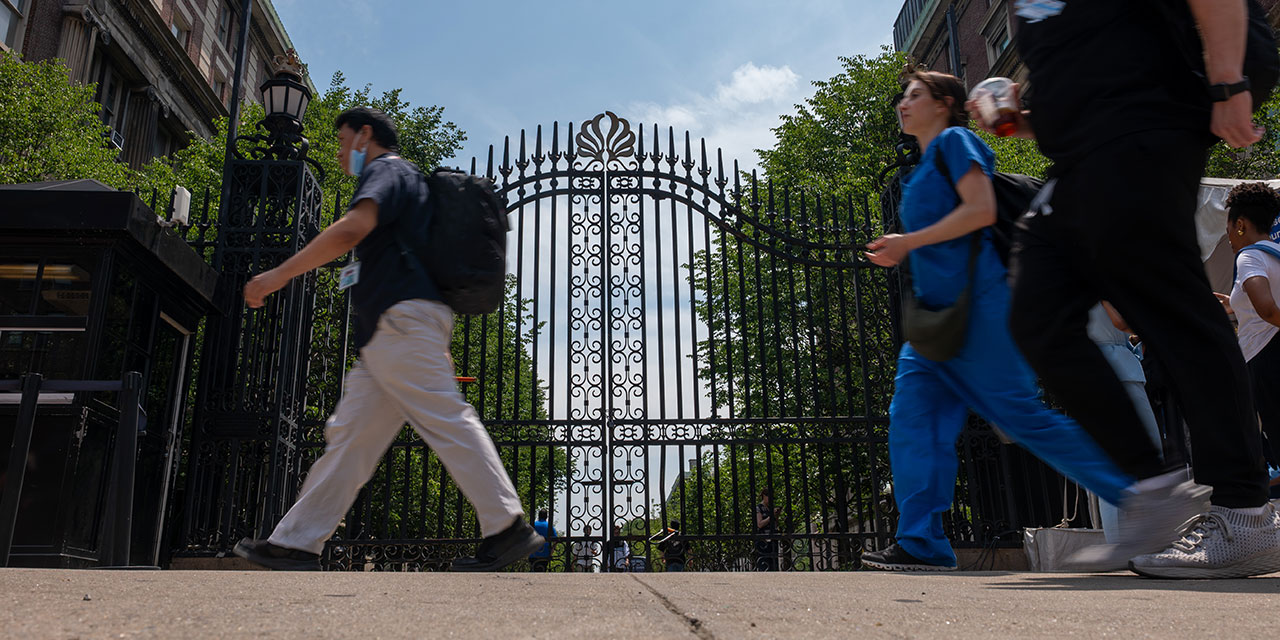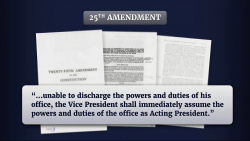
A battle in the war for the Ivy League universities has reached its conclusion. Last week, the Trump administration and Columbia University finalized the terms of a settlement that requires Columbia to pay a $200 million fine, eliminate DEI programs, and provide admissions data to an independent monitor. In exchange, the White House will close several ongoing federal investigations and unlock most of the $400 million in federal funds it previously froze.
Finally, a reason to check your email.
Sign up for our free newsletter today.
The deal is significant and vindicates Trump’s aggressive strategy. The president started these negotiations with a series of dramatic moves: freezing funds and threatening the university’s tax-exempt status. Trump targeted not just Columbia but other high-profile universities. His actions roiled those campuses and created a sense of fear.
Some critics argued that Trump was exceeding his authority and destabilizing these institutions. The first charge is false; the second is true. In negotiations, Trump has always started with dramatic demands and sought to put his counterparties on the defensive. The universities, which consider themselves sophisticated political actors, were unaccustomed to this tactic and found themselves off balance.
The president began with Columbia because he correctly saw that the old King’s College was the weakest of the bunch. Since the October 7 terror attacks in Israel, it had cycled through a few presidents, succumbed to months of protests and riots, and tarnished its image. Columbia was ready to make a deal.
The terms of the agreement call for a set of minimum standards—academic excellence, colorblind equality, data transparency, administrative reform—that will apply to Columbia and, one hopes, to all universities that accept federal funds or federal student loans. Readers might be familiar with some of the agreement’s individual terms, which are identical to those outlined in the Manhattan Statement on Higher Education.
With the resolution of this case, Trump also has greater leverage over other schools, which will find it increasingly hard to resist following suit. Left-wing academics may react with outrage, but as we have demonstrated in our Manhattan Statement polling, the agreement’s terms are overwhelmingly popular with the public. Academics who oppose the agreement therefore set themselves against not only the White House but also perhaps a more potent force: the American people.
I have been in contact with several White House officials, who tell me that the mood is jubilant and that they are ready to expand the playing field. The administration is cobbling together a framework for a new status quo in higher education, in which universities must adhere to the principles of academic excellence, colorblind equality, and the pursuit of truth. The Trump administration began with dramatic action to destabilize the universities, shocking them out of their complacency. Now, it’s time to advance a positive agenda.
As the Columbia case reveals, universities are almost completely incapable of reforming themselves from within and require an external push to induce change. Though they protest in public, many university presidents may quietly support the Trump administration’s agenda, which, because of resistance from left-wing faculty, they could not achieve on their own. The federal government’s intervention allows those leaders to implement needed changes, while claiming that they had no choice but to comply.
Where will things go from here? I expect the administration to reach similar agreements with other institutions in the coming months, which could culminate in a common set of principles that could apply to all federally funded universities. If the White House can achieve that, it will have made the most significant reform to higher education in a half-century—one long overdue.
Photo by Spencer Platt via Getty Images
City Journal is a publication of the Manhattan Institute for Policy Research (MI), a leading free-market think tank. Are you interested in supporting the magazine? As a 501(c)(3) nonprofit, donations in support of MI and City Journal are fully tax-deductible as provided by law (EIN #13-2912529).
Source link


















